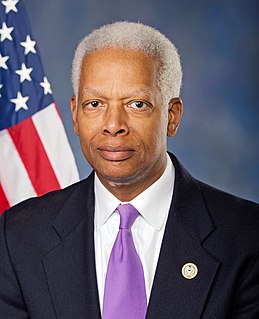A Quote by Laurie Anderson
A lot of the work in United States is highly critical of technology. I'm using 15,000 watts of power and 18 different pieces of electronic equipment to say that.
Quote Topics
Related Quotes
(On the energy radiated by the Sun) It's four hundred million million million million watts. That is a million times the power consumption of the United States every year, radiated in one second, and we worked that out by using some water, a thermometer, a tin, and an umbrella. And that's why I love physics.
The potential of Mexico, Canada and the United States is enormous. We have a combined population of half a billion people; peaceful trade-friendly borders that are the envy of the world; the prospect of energy independence is within reach and will change the geopolitical situation of United States; we do a trillion dollars in trade among the three countries; more than 18,000 American companies are involved in foreign direct investment in Mexico and Canada; an increasing number of Mexican companies are creating jobs in the United States.
With communication technology in general, there's a kind of certain critical mass of people. Once you get to 15% of the world's entire population using one communication technology, that's a big deal. It's beyond the theoretical at this point. The people who think it's a fad have probably not been paying that much attention.
In some ways it's hard to see electronic music as a genre because the word "electronic" just refers to how it's made. Hip-hop is electronic music. Most reggae is electronic. Pop is electronic. House music, techno, all these sorts of ostensibly disparate genres are sort of being created with the same equipment.
When the United States first went into Afghanistan in 2001, it devastated the Taliban and Al Qaeda in a matter of weeks using only a few hundred C.I.A. and Special Operations personnel, backed by American air power. Later, when the United States transitioned to conventional Pentagon stability operations, this success was reversed.
The Italian journalist Oriana Fallaci used to say that for her, an interview was like a war. I get the sense that we've forgotten that here in the United States. You turn on the TV, and you see very bland interviews. Journalists in the United States are very cozy with power, very close to those in power.



































